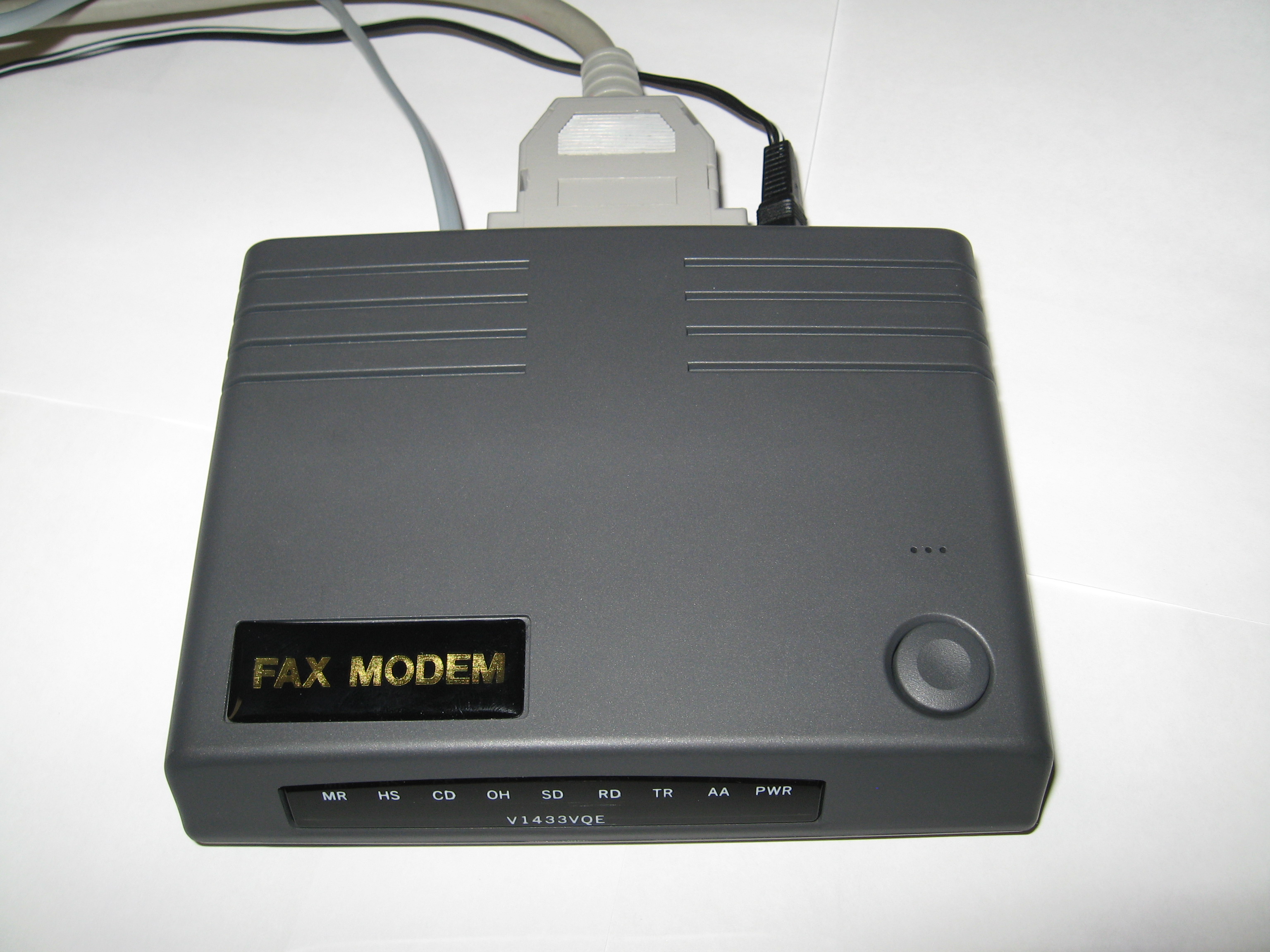Alan Turing here, it seems so wild to be writing a post out to the world like this by myself..
In all honesty wouldn't it be better if, say, a computer would be doing this all for me?
Like... Hear me out okay. I could just sit back and relax with a cup of tea and talk non stop about my opinions whilst the computer in front of me types it all out for me. Amazing...
Well.. I guess I could do that with siri, but I don't quite enjoy her voice. No hard feelings, love.
Isn't it amazing to think that the things that computers produce can fool human's into thinking that it came from their own species? Like I said before; wild...
Oh, before I forget. If you want to contact me you can reach me on my email, type in my username, or copying my URL for this blog.
Email - alan.turing.12@gmail.com
Username - ATuring
URL - www.turingtester.blogger.comThis machine looks so damn annoying...
How would you even crack anything that's coded into it?
This bad ass looking machine on the other hand is just how I like it.
OH! I also stumbled upon this one page recently that discussed enigma's and 'code cracking' that ignited my interest, so I literally hit the follow button immediately.. lol. Anyway.. Thta's all for today. :)
Comments:
@ladylovelace commented: lol!! that doesn't look too hard to decipher
@JohnTuring commented: damn brother... back at it again with the computer talk :p
@ATuring replied to @ladylovelace: You sure...? Well, I guess you're right. With a little will power and the motivation I think something like that would be able to be cracked :)
ATuring's friends list:
JohnTuring
ladylovelace
GWelchman
HaaaroldKeeen
(view 29 more)










